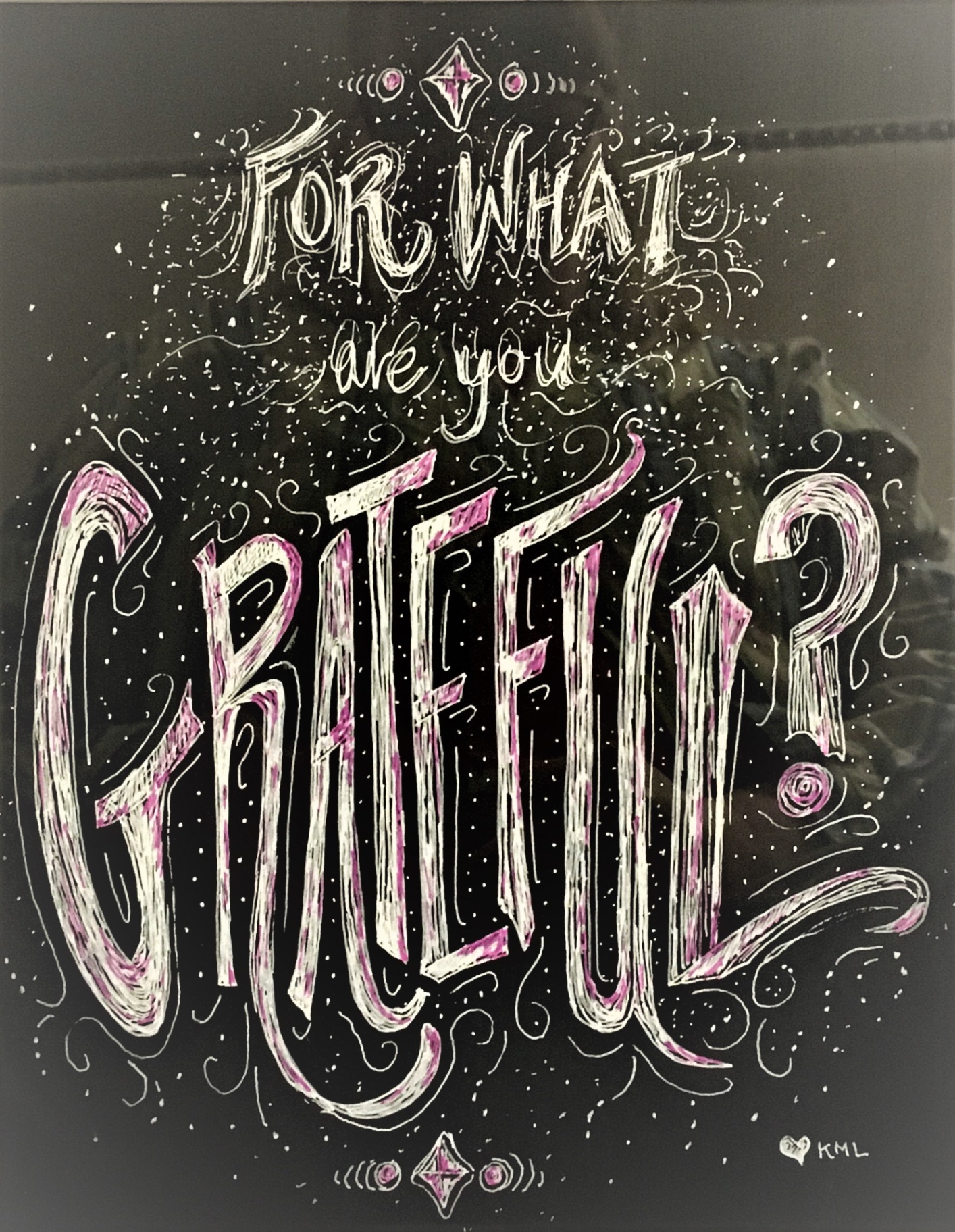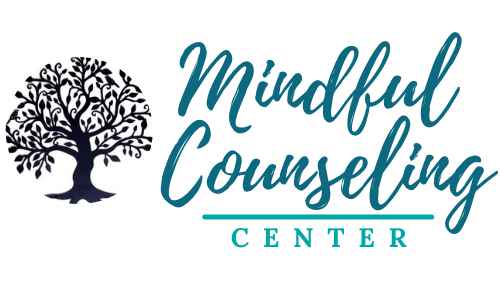Cultivate Gratitude
 Gratitude is an affirmative of the good in the world, of the gifts and benefits we’ve received. It is a process of recognizing that one has obtained a positive outcome AND that the source for that outcome is external (whether it be a higher power, a mysterious force, other people or creatures, nature, etc.). When life is going well, gratitude is a vehicle to help us celebrate and magnify the goodness. When life gets difficult, seeing life from a grateful perspective can open us to hope, healing, action and resiliency to cope. (Drawn from Gratitude Definition | What Is Gratitude (berkeley.edu), How Gratitude Can Help You Through Hard Times (berkeley.edu), What Gets in the Way of Gratitude? (berkeley.edu), and Gratitude | Psychology Today).
Gratitude is an affirmative of the good in the world, of the gifts and benefits we’ve received. It is a process of recognizing that one has obtained a positive outcome AND that the source for that outcome is external (whether it be a higher power, a mysterious force, other people or creatures, nature, etc.). When life is going well, gratitude is a vehicle to help us celebrate and magnify the goodness. When life gets difficult, seeing life from a grateful perspective can open us to hope, healing, action and resiliency to cope. (Drawn from Gratitude Definition | What Is Gratitude (berkeley.edu), How Gratitude Can Help You Through Hard Times (berkeley.edu), What Gets in the Way of Gratitude? (berkeley.edu), and Gratitude | Psychology Today).
Gratitude is a perspective that we can cultivate. Cultivating gratitude can foster our physical, psychological and social health. For example, people who practice gratitude report benefits, such as (from Why Gratitude Is Good | Greater Good (berkeley.edu)):
- Having stronger immune systems
- Being less affected by aches and pains
- Having lower blood pressure
- Increasing their exercise
- Taking better care of their health
- Sleeping longer and feeling more refreshed upon waking
- Having more positive emotions
- Being more alert and awake
- Being more helpful, generous, and compassionate
- Being less lonely and isolated
- Being more forgiving
- Being more outgoing
This webpage offers some ideas for activities to cultivate gratitude.
Of course, gratitude is not the best response to every life experience. You don’t need to overdose on gratitude. You don’t need to feel grateful for people who are abusing you (no matter their positive qualities). Gratitude in and of itself won’t resolve serious issues you are facing. You don’t need to thank everyone else and ignore the role you played in your own successes. Be careful not to mistake feeling obligated to repay a debt for gratitude you feel when someone helps you out. (Drawn from Five Ways Giving Thanks Can Backfire (berkeley.edu)).
Reach out to the Mindful Counseling Center if are interested in building gratitude strategies into counseling.



